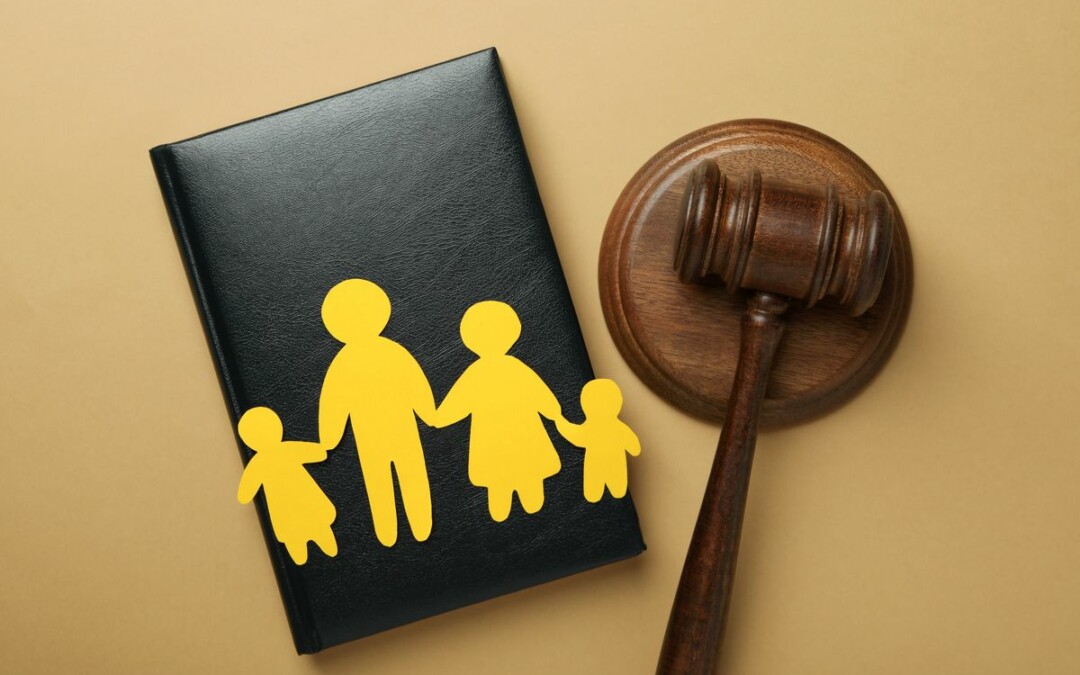
by BMD & Associates | Aug 30, 2023 | Estate Planning
Holding equity in a startup company can be both exciting and financially rewarding. However, it also introduces unique challenges when it comes to estate planning. This blog post aims to guide Georgia residents with startup equity through the intricacies of estate...

by BMD & Associates | Aug 16, 2023 | Estate Planning
Are you a Georgia resident pondering about the legacy you’ll leave behind when you’re no longer around? Of course, most people think about ensuring the financial stability of their family members or loved ones. But have you considered dedicating a portion...

by BMD & Associates | Aug 9, 2023 | Estate Planning
Collectibles are more than hobbies for many Georgia residents. They’re investments. They’re treasures. They’re part of a legacy. Including collectibles in your estate plan is essential. Here’s why. 1. Understanding Collectibles in Estate...

by BMD & Associates | Aug 1, 2023 | Estate Planning
Once your child turns 18, they’re legally considered an adult, and parents can no longer automatically make certain decisions on their behalf. However, in the event of an accident or illness, you’ll want to ensure that you can legally make necessary...

by BMD & Associates | Jul 26, 2023 | Estate Planning
Whether you own a home nestled in Atlanta’s bustling cityscape or a cozy cabin in the Blue Ridge Mountains, your real estate is likely one of your most valuable assets. Naturally, you want to ensure this property is passed on according to your wishes when...

by BMD & Associates | Jul 19, 2023 | Estate Planning
Guardianship plays a crucial role in special needs estate planning, particularly in cases where individuals require ongoing support and are unable to make decisions independently. In Georgia, establishing guardianship for a special needs individual is an important...







